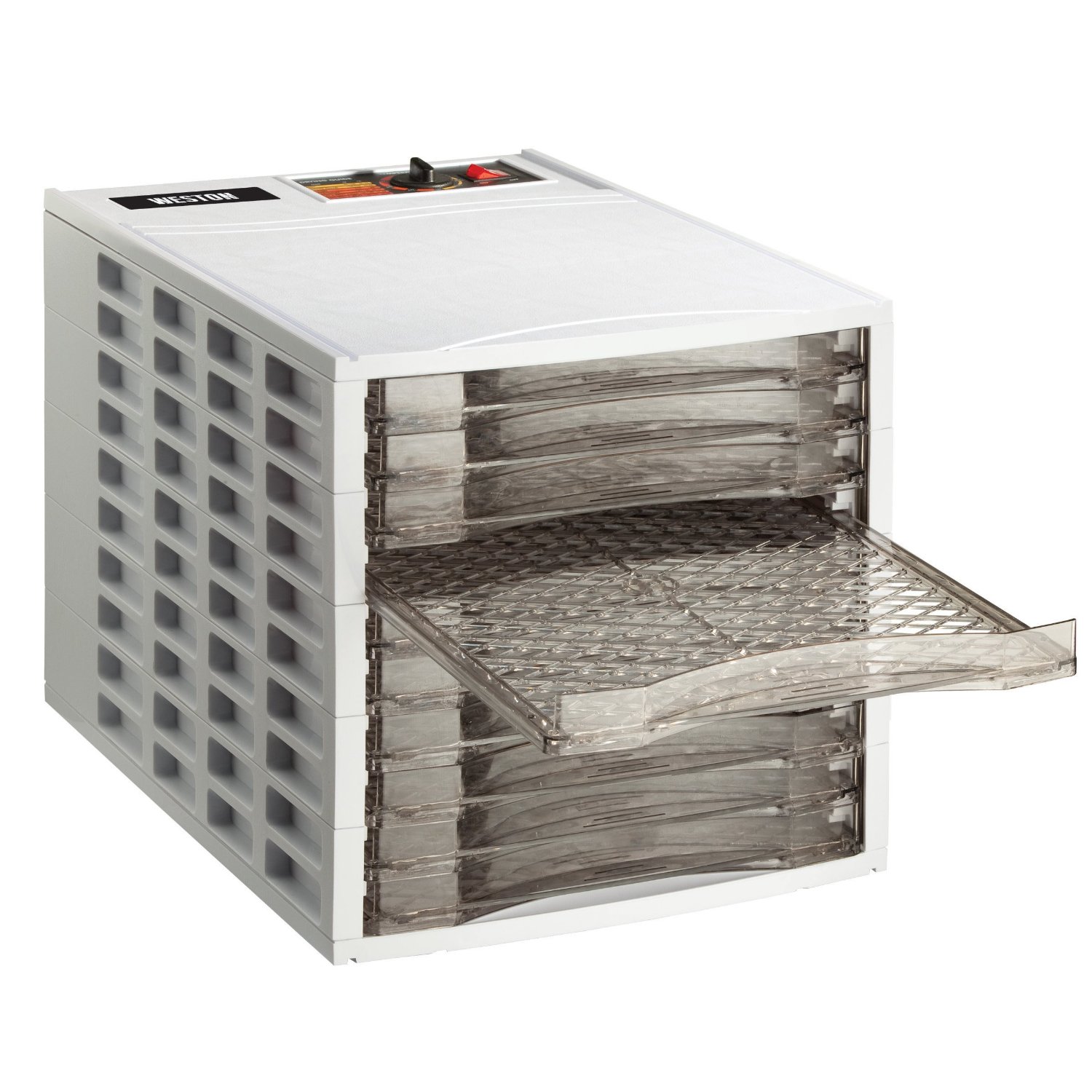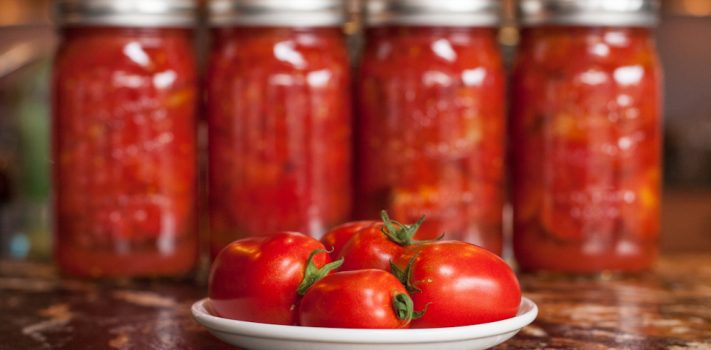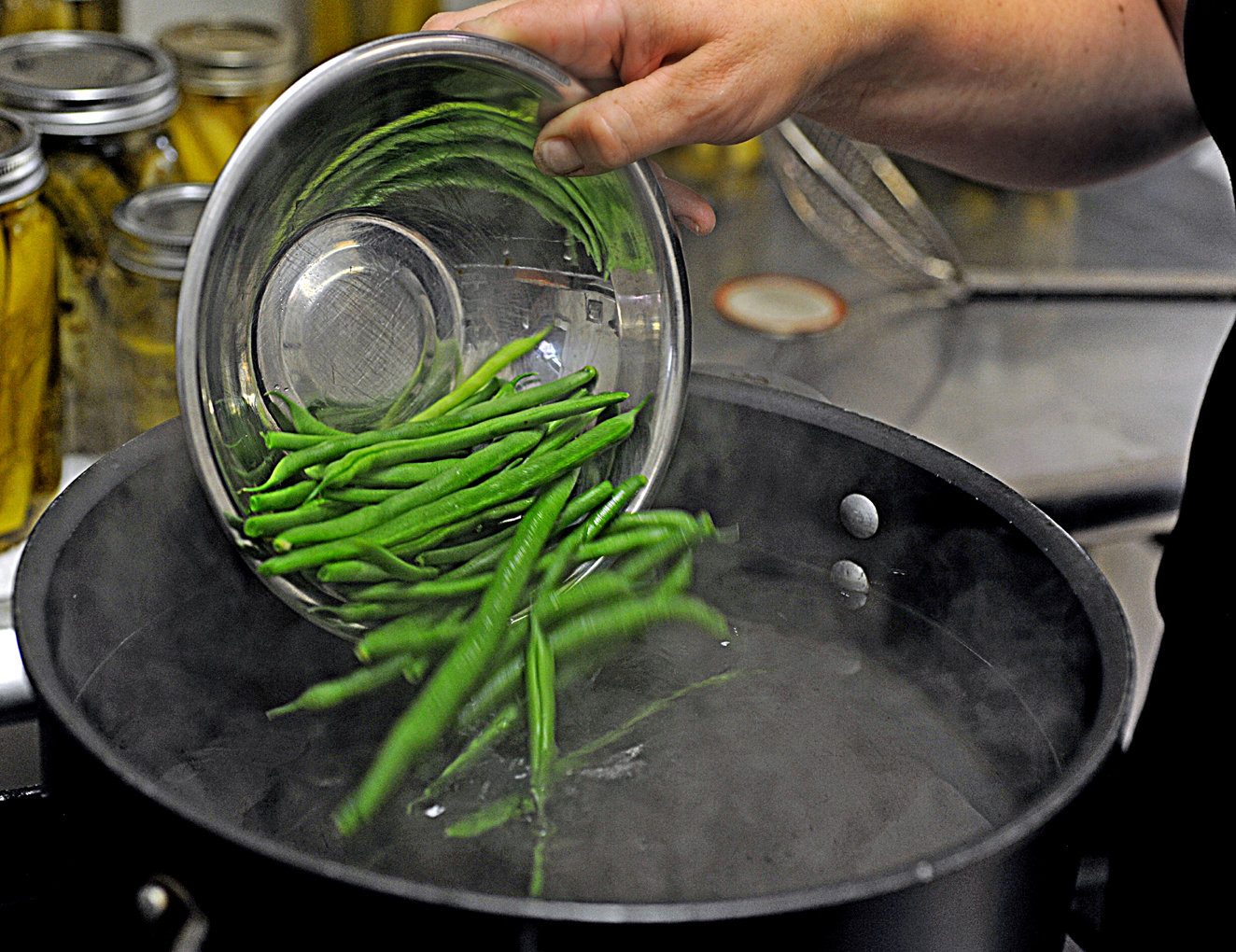Lay The Groundwork for the Future- Part 2, by Sarah Latimer
Building Your Garden’s Foundation Are you ready? Do you even know where you’d put a garden on your property so that it gets optimum light, water, and wind protection? Have you begun clearing and tilling the land so that it is free from rocks, debris, pests, and unwanted vegetation? Have you amended the soil so that it is not too dense with clay or too sandy, too acidic or too alkaline, too wet or too dry? If you haven’t even begun to work on a garden, the fall is the time to do it. Actually, now is a good time, …



